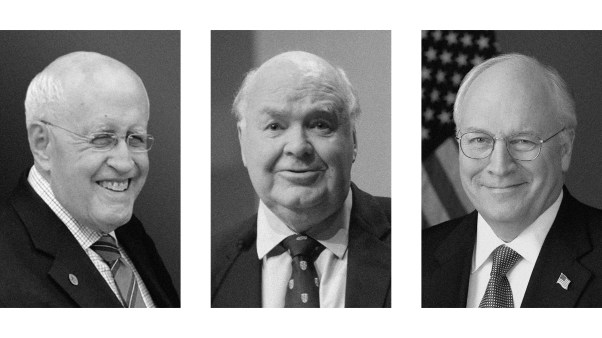Wisconsin’s Fair Employment Law, which bars job discrimination based on sexual orientation, was passed in 1982. But it was not until last year that the state required officials at government-subsidized children’s programs to sign a statement saying they will abide by the law or lose their operating licenses.
The requirement created a dilemma for officials at the Rawhide Boys Ranch in London, Wisconsin. According to the disputed law, the boys ranch is wrong in requiring that its 22 houseparents be married and in insisting that the married partners be of the opposite sex.
Located on 500 acres of wooded farmland along the Wolf River in northeast Wisconsin, the 22-year-old ranch offers educational, recreational, and vocational programs to its 20 court-referred boys in a setting where biblical moral values are emphasized. About half the organization’s annual $700,000 budget comes from the state.
John Gillespie, director of the boys home, claims that, in the absence of exemptions for church groups and nonprofit organizations, the state law leads to “reverse discrimination.” He said most boys who come to Rawhide have extensive delinquency backgrounds, but respond well to caring houseparents who serve as good role models. “We hire a lifestyle,” Gillespie said. “When we hire houseparents, we are saying, ‘We want you to live your life before these boys.’ ”
However, those who favor stringent enforcement of the law, including homosexual advocacy groups, argue that Rawhide’s is not the only approach to rehabilitation. They say the ranch’s estimated 90 percent success rate is achieved at the needless expense of equal employment opportunity.
Rawhide officials decided to sign the statement required by the government. But they did so in protest, with the hope that legislation introduced in the 1986 session of the Wisconsin General Assembly would exempt the nonprofit, nondenominational organization.
In hearings last year before a senate committee at the state capitol in Madison, Bart Starr, long-time supporter of the ranch, testified in favor of the proposed legislation. The former quarterback for the National Football League’s Green Bay Packers, who later coached the team, said, “The reason Rawhide has been successful for 22 years is because of the traditional values and the way our homes operate.”
Starr added, “We are licensed by the state and have never had a situation where the professional standards of the ranch have been questioned.”
A standing-room-only crowd overwhelmingly supported Rawhide. But, said Gillespie, because the proposed bill was “lost, and miraculously found the last day the legislature was in session,” the amendment was never allowed a full vote. And it failed.
Gillespie faults the reasoning of some who oppose exemptions, stating that one legislator has compared “our effort at getting the law changed [to] organizations that want to legalize the use of marijuana and rattlesnakes in their services.”
Gillespie adds, “If a priest or any clergyman were involved in bizarre sexual misconduct, the congregation could not legally fire him under the present law.”
Former Wisconsin governor Lee Dreyfus, who signed the sexual orientation bill into law, and has himself been on the board of a youth program, has said he would have vetoed the bill had he thought it would be interpreted to apply to operations such as Rawhide’s.
Fighting Back
Upon the failure to obtain legislative relief, said Gillespie, “We knew we would have to go on the offensive to get the law changed.”
He has launched a major public-relations campaign against the hiring-practices law. Rawhide officials have produced a 24-minute documentary video covering the hearings on the legislation. Gillespie said his goal is to show the film, Has the Government Gone Too Far?, to at least 1,000 groups prior to the state’s gubernatorial election in November.
“We’re not saying that the government should require others to operate like us,” Gillespie said. “But we are asking that the government not require us to operate according to someone else’s lifestyle. Rawhide isn’t condemning anyone’s marital or moral lifestyle, and only wants the basic constitutional right to operate as we have for 20 years.”
In addition to rallying support for his cause, Gillespie hopes to alert others to the potential dangers of similar legislation. “Complacency erodes freedom,” he said. “Once gone, it is difficult to get back.”
By William North.










